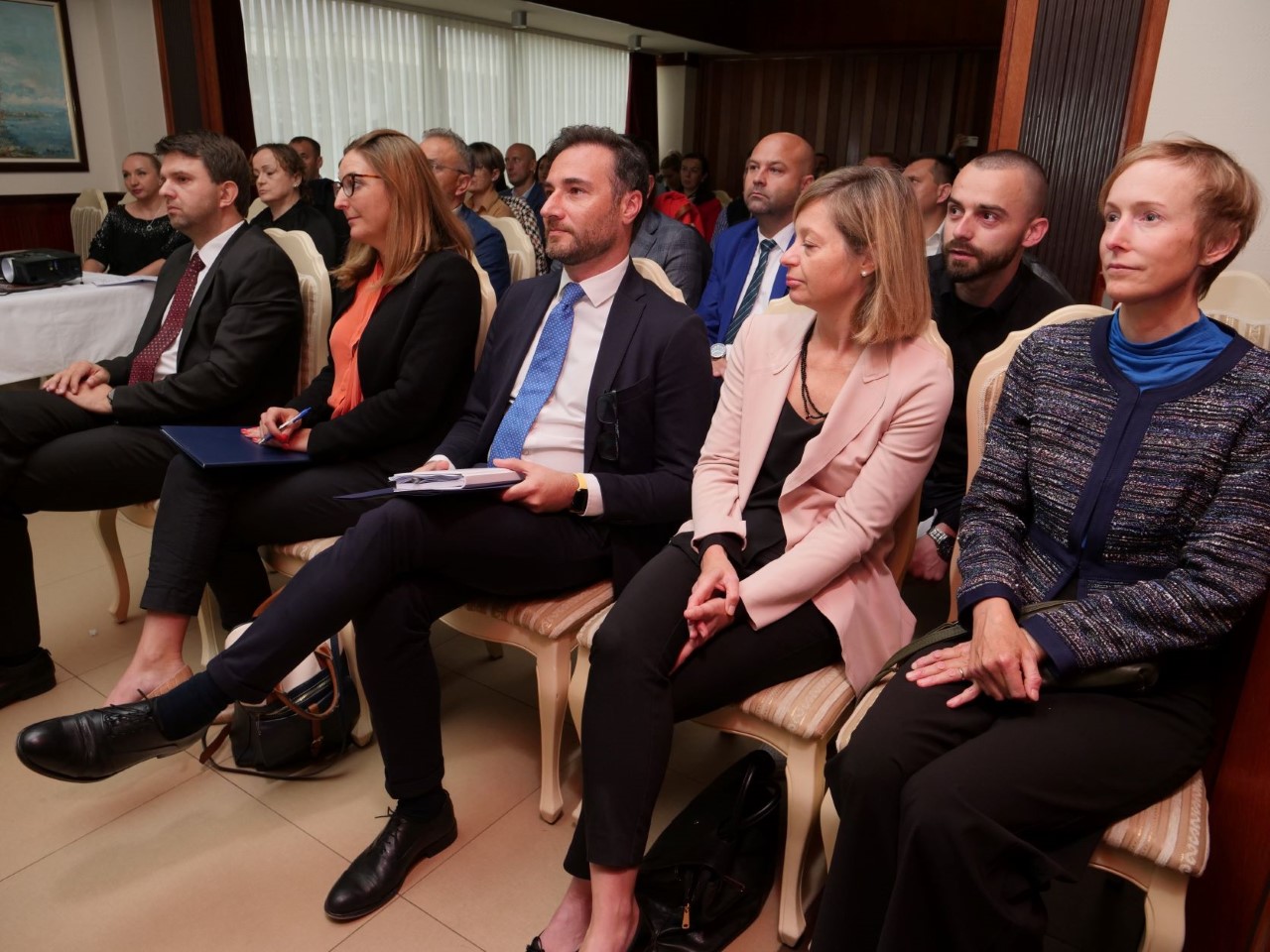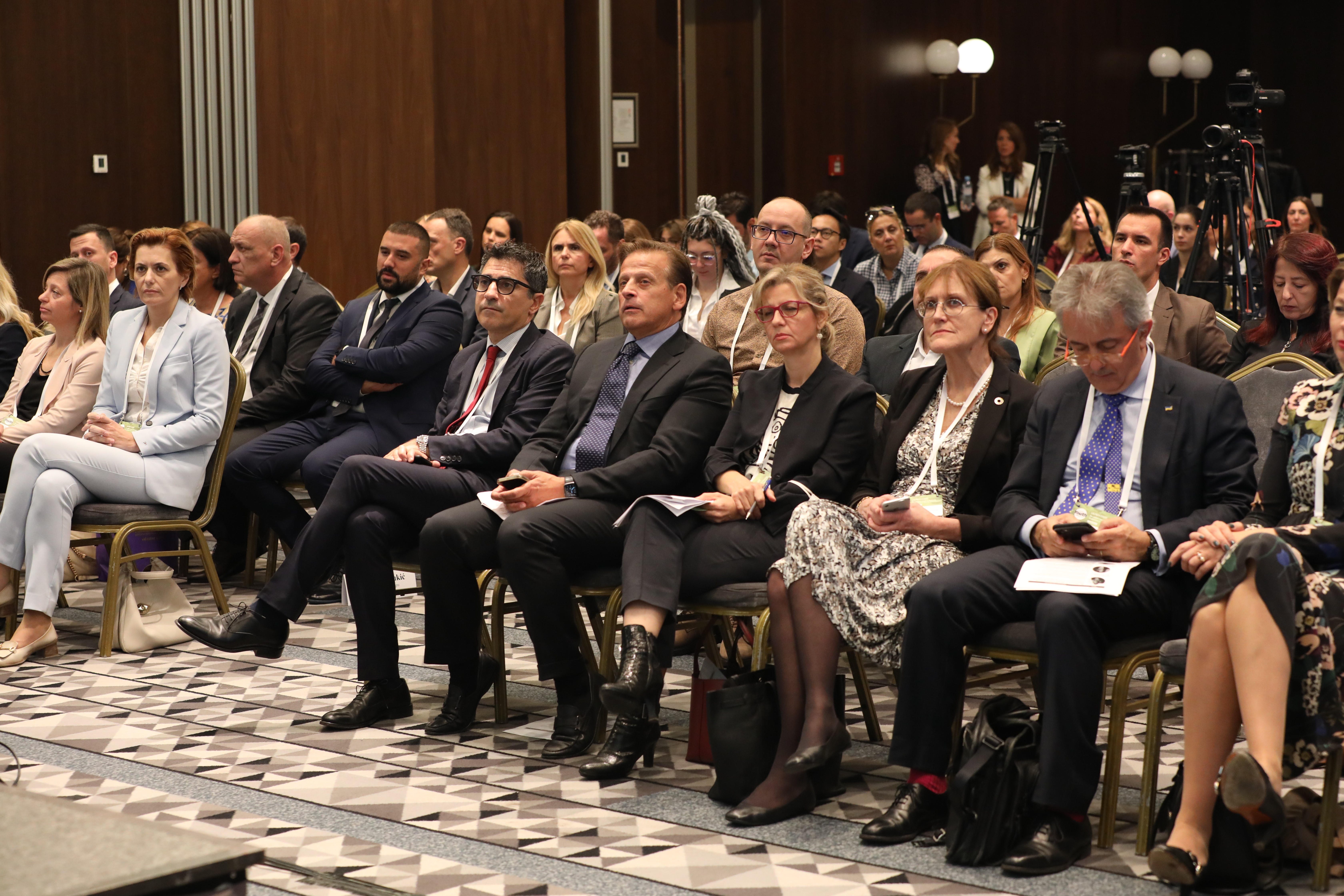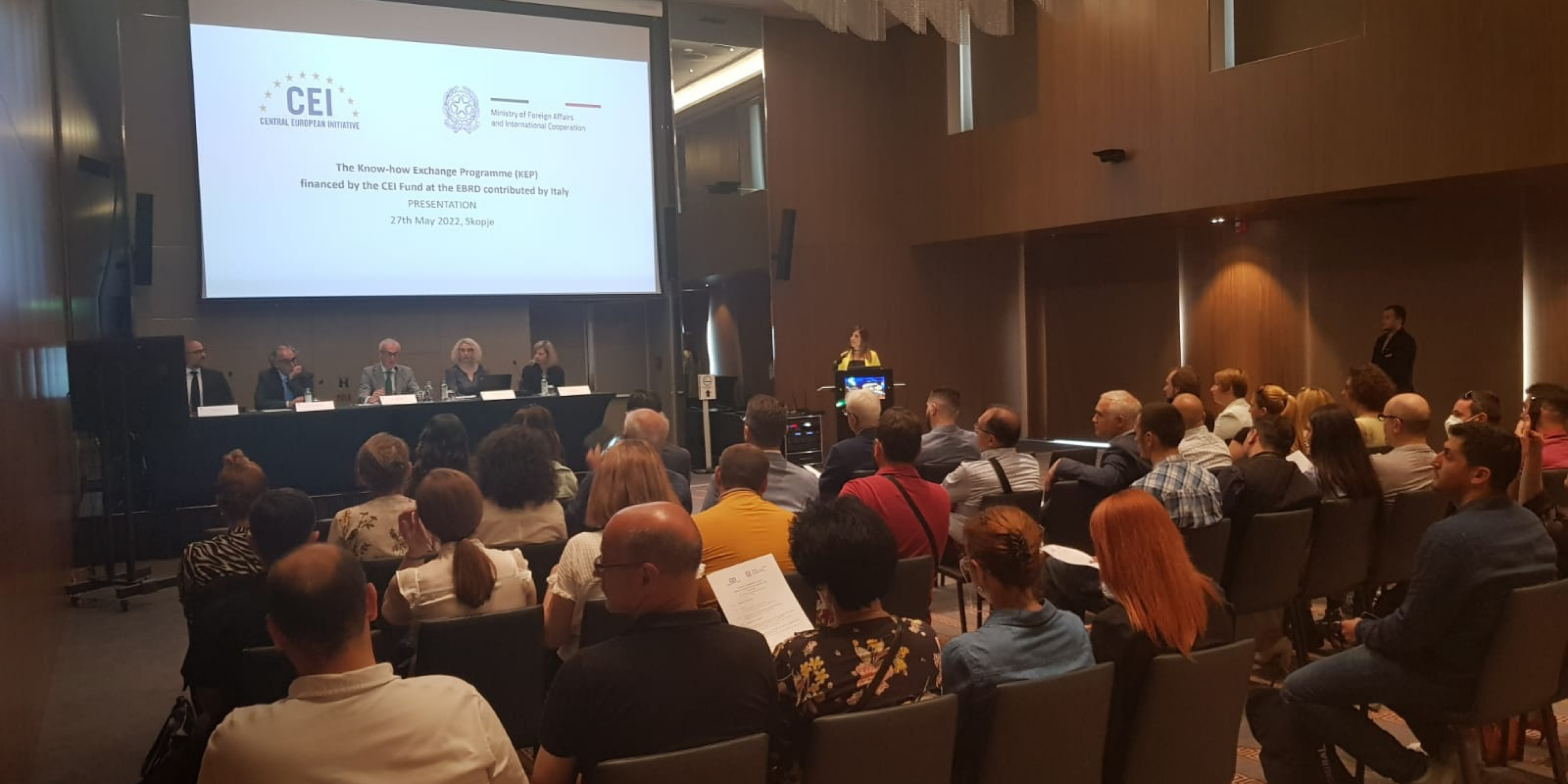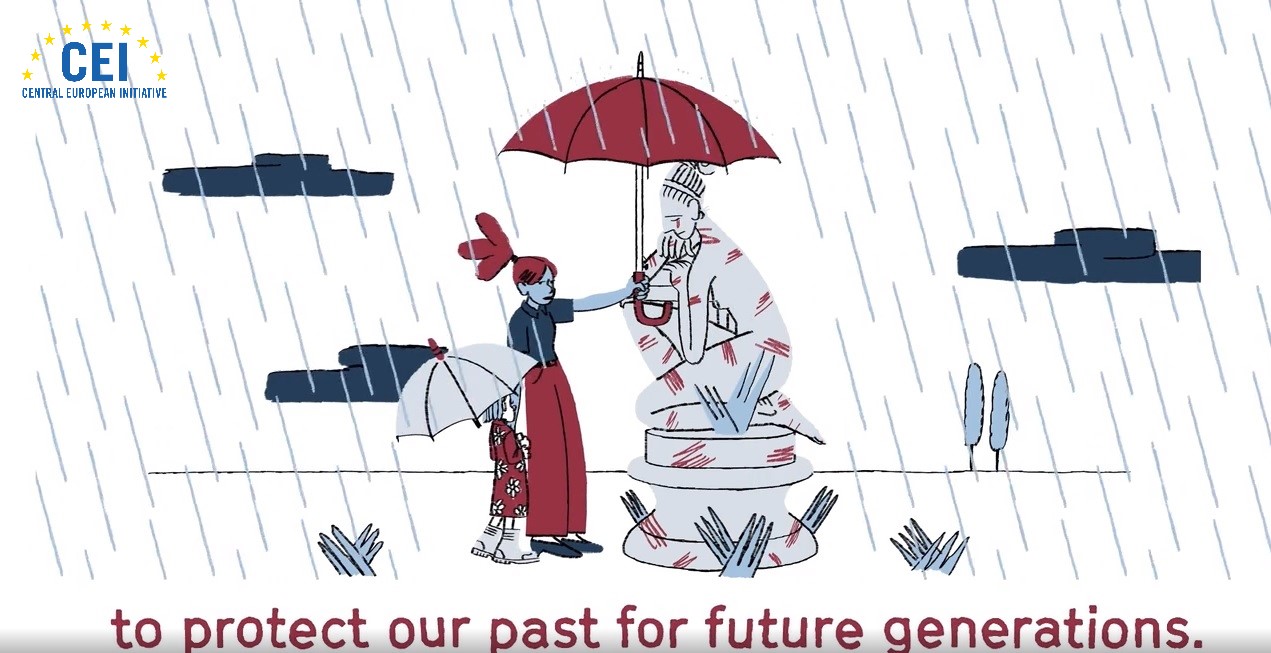There is widespread recognition of the need to find environmentally sustainable ways of running economies and organising our lives. Implementing these changes requires a holistic approach that examines every activity for its “green” potential and applies best practice. For example, consider the residues from commercial processing of food and beverages. These residues are often seen as waste, but they can also be treated as resources if firms improve the way they collect and use them.
In this framework, the CEI, through the CEI Fund at the EBRD financed by Italy, aims at supporting investments for the reduction of waste in transformation processes, through modernisation of production systems, reuse of waste streams by capturing the commercial value of waste materials, recycling and using materials with lower environmental footprint. The agribusiness industry is particularly relevant in this context as it generates a number of potentially-valuable residues and, to some extent, it has already developed different approaches and technologies for reusing waste streams.
With a particular focus on the food and beverage manufacturing industry, the CEI Fund at the EBRD has recently financed, with EUR 150,000, a study launched by the EBRD on the potential uses for food and beverage by-products in the Western Balkans.
The study focuses on reviewing the type and volume of the major residues generated in the food-processing sectors, their current prevailing uses and the relevant commercial and regulatory drivers in place in the region. It also analyses all the most significant possible uses of the residues beyond those currently in place, such as conversion into biofuels, production of insulation materials, or fertilizers before/after anaerobic digestion, or bio-plastics, or other intermediate products suitable for use as feedstock in other sectors and carry out. In addition, some case studies will be developed related to selected food and beverage companies operating in the region.
Preliminary findings were presented in Belgrade last week. They showed that there are opportunities to derive greater value from the use of residues by boosting investment in processing facilities, better management, modern technologies and collection systems.
More information available HERE.
In this framework, the CEI, through the CEI Fund at the EBRD financed by Italy, aims at supporting investments for the reduction of waste in transformation processes, through modernisation of production systems, reuse of waste streams by capturing the commercial value of waste materials, recycling and using materials with lower environmental footprint. The agribusiness industry is particularly relevant in this context as it generates a number of potentially-valuable residues and, to some extent, it has already developed different approaches and technologies for reusing waste streams.
With a particular focus on the food and beverage manufacturing industry, the CEI Fund at the EBRD has recently financed, with EUR 150,000, a study launched by the EBRD on the potential uses for food and beverage by-products in the Western Balkans.
The study focuses on reviewing the type and volume of the major residues generated in the food-processing sectors, their current prevailing uses and the relevant commercial and regulatory drivers in place in the region. It also analyses all the most significant possible uses of the residues beyond those currently in place, such as conversion into biofuels, production of insulation materials, or fertilizers before/after anaerobic digestion, or bio-plastics, or other intermediate products suitable for use as feedstock in other sectors and carry out. In addition, some case studies will be developed related to selected food and beverage companies operating in the region.
Preliminary findings were presented in Belgrade last week. They showed that there are opportunities to derive greater value from the use of residues by boosting investment in processing facilities, better management, modern technologies and collection systems.
More information available HERE.







